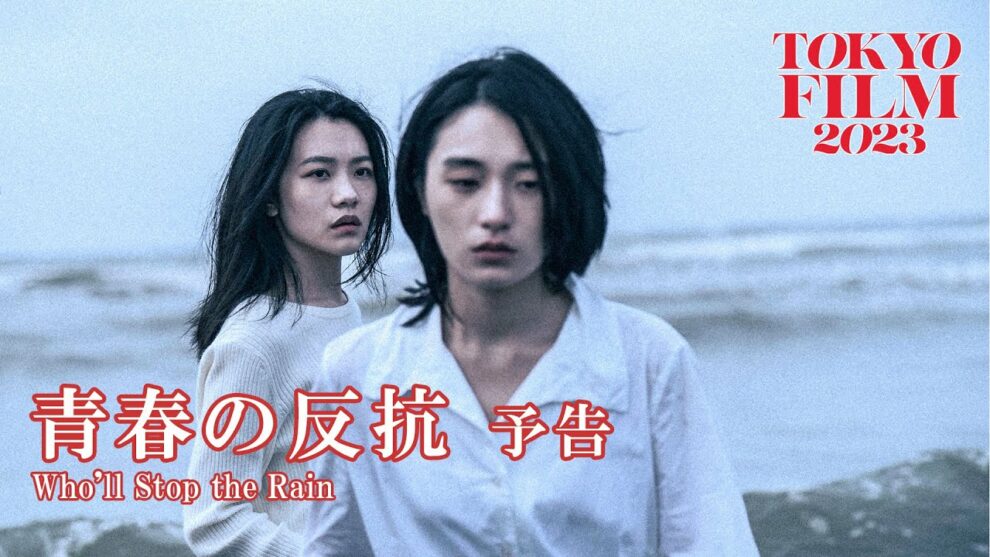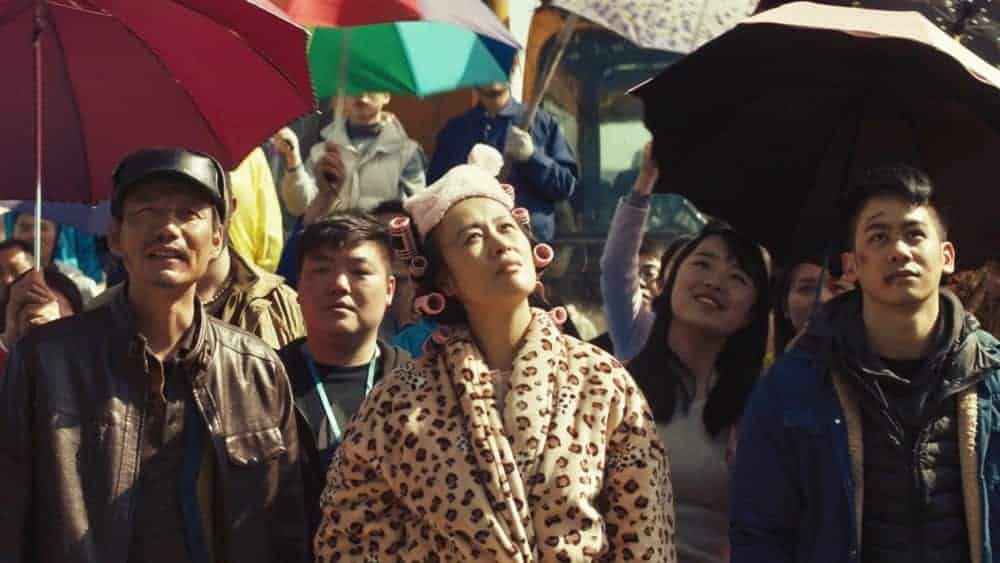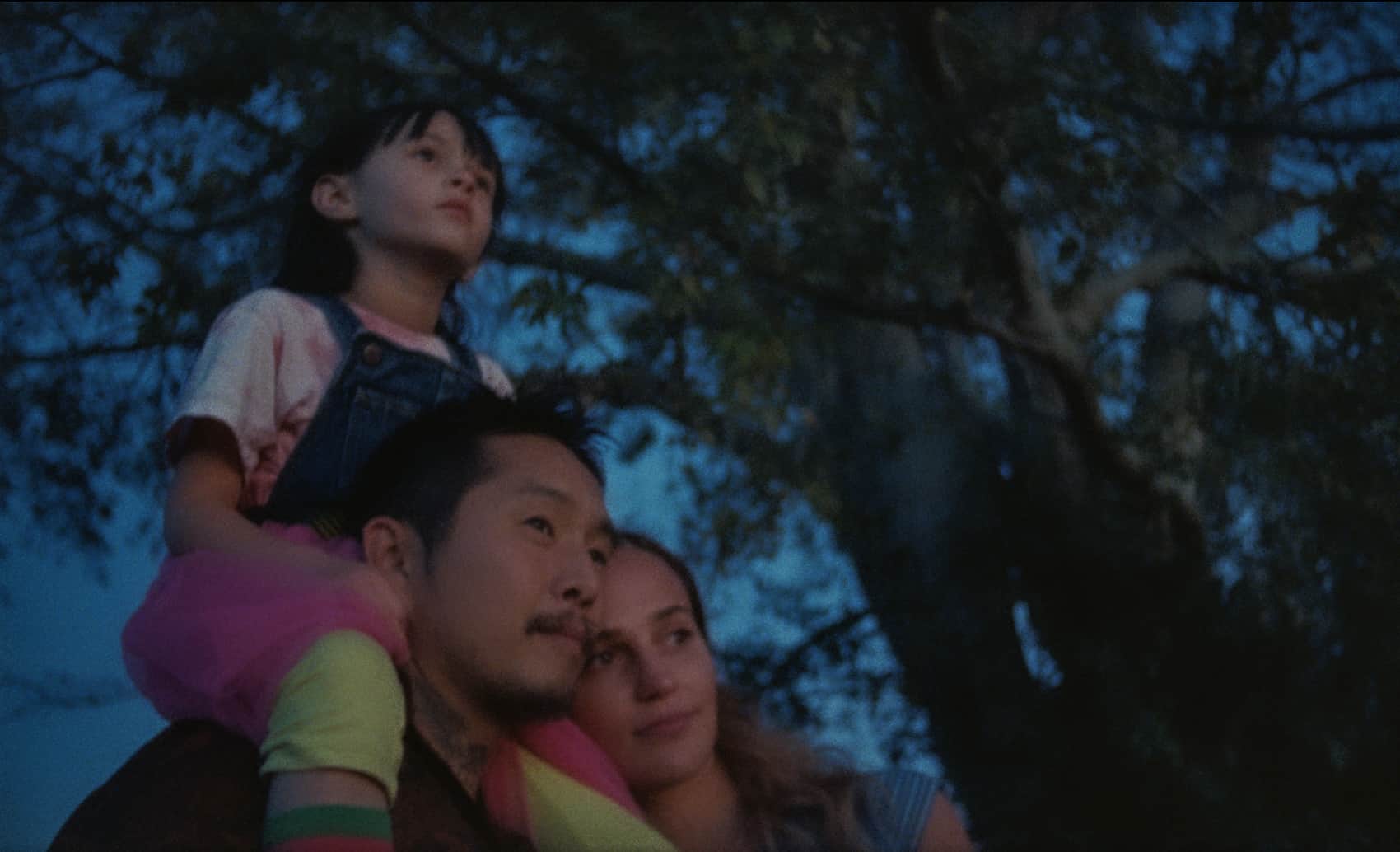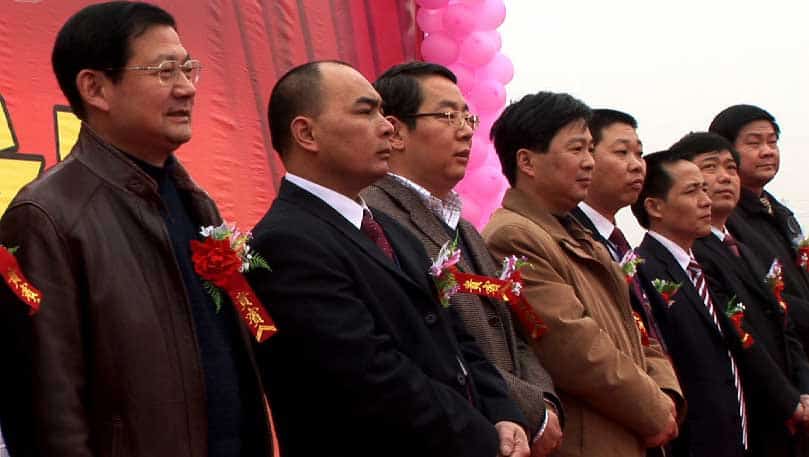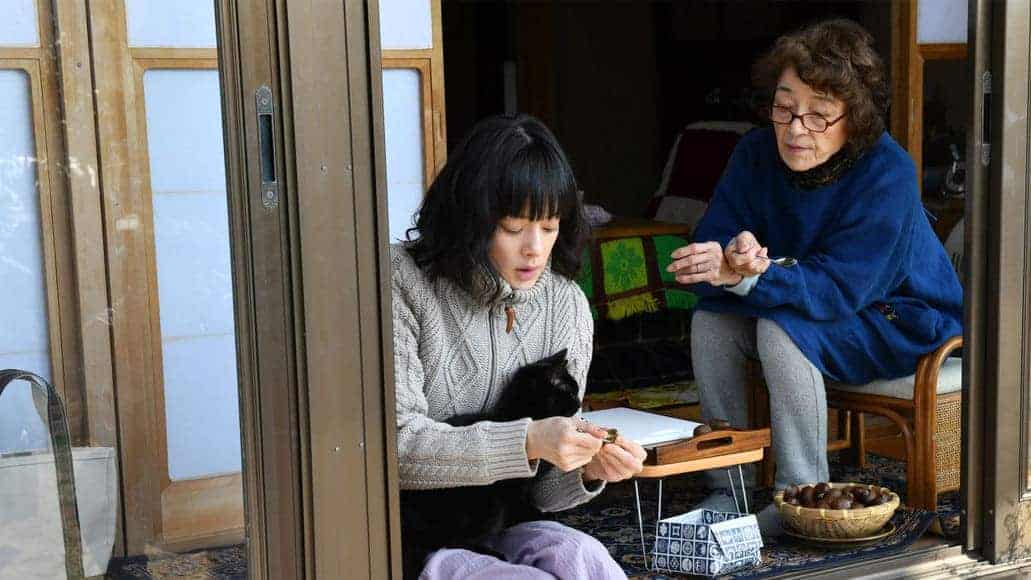Set against the backdrop of the student strike at the Department of Fine Arts of Chinese Culture University in 1994 Taiwan, “Who'll Stop the Rain” is equally a political film and a romantic drama, in a rather ambitious feature debut by Su I-hsuan, which netted Yeh Hsiao-Fei,one of the protagonists the Taipei Film Award for Best New Talent.
Who'll Stop the Rain is screening at Tokyo International Film Festival

During the 1994 post-martial law period in Taiwan, 19-year-old Chi-wei arrives in Taipei to study art in a college. However, it turns out that the Chairman of the department, Yung-shing, is a rather old-fashioned professor, who expects his students to appear and behave “properly”, which immediately brings Chi-wei into trouble, for her uncombed hair and “rough” demeanor. Even more so, Yung-shing influences all the teachers in the department, with the girl starting to receive failing grades from the get go. It seems, however, that she is not the only one wronged by him, and soon a protest begins in the college, having the chairman's behavior as its starting point and demanding his firing from the institution, but also demanding more artistic freedom for the students. Chi-wei meets the leaders of the protest, Ching, a woman who tries to escape the influence of her powerful politician father, and her boyfriend, Kuang, who is the spokesperson of the whole movement. In the midst of the turmoil, an erotic triangle is also formed among the three.
Check also this interview
In a style that reminds somewhat of the Japanese movies of the 70s, when the political was often mixed with the romantic and the erotic, Su I-hsuan tries to navigate her two arcs, all the while analyzing and presenting her characters, and the particular events along with the whole sociopolitical setting of Taiwan in the 90s. The result leans towards success, but not exactly fully. Where Su definitely succeeds is establishing who the villains are here. Yung-shing in particular emerges as an anachronistic, petty, chauvinist man, who uses his powers in order to dominate his students in completely unremorseful fashion, thus establishing himself as a true villain, but also an individual where the whole system is mirrored in his practices. The police also emerge as one, but the second main “villain” is revealed later, in the face of Ching's father, whose constant effort to control every aspect of his daughter's life is actually destroying her.
The romance aspect is also intriguing, particularly due to the triangle shaped quite early in the film, but also due to Ching's enigmatic behavior, who is not sure what she wants to do but also knows that she can do whatever she wants, at least in that regard. Yeh Hsiao-Fei embodies this ambiguity as much as the trauma and grief she carries in the most impressive fashion, in, evidently, the best performance in the film.
Although these two axes, however, are quite well presented, their mixing is not exactly ideal, with occasionally both of them appearing as an awkward break from each other, essentially decreasing the impact each one could have. The fact that the sociopolitical one is induced with much tension while the romantic one with none, in distinct art-house fashion, proves also problematic, in an issue that should also be attributed to the director and Chen Pei-ying's editing. Apart from that, there are some scenes that are awkwardly presented, particularly the ones between the two girls and Roy Chang who plays Kuang, in an aspect that could have been handled better.
On the other hand, Lily Lee as Chi-wei is quite convincing both in her puzzlement, in the case of the triangle, and in her decisiveness, in the case of her attitude towards the chairman and the advances of another classmate. Her chemistry with Yeh is also excellent, finding its apogee in the subtle and overall artistic erotic scenes, in one of the best traits of the movie, with the same applying to the way her coming-of-age progresses.
Chen Chi-wen's 4:3 cinematography is on a rather high level, with the aforementioned scenes and the tense ones being excellently portrayed, showcasing the anger and frustration of the students in the best way. Furthermore, a number of scenes on the beach are quite pleasing to the eye, and among the most memorable here.
“Who'll Stop the Rain” has its issues and one could say that it was too ambitious for a debut to begin with. At the same time, though, the story and the presentation of the individual parts are quite good, the film is generally well-shot and the acting convincing, with Su I-hsan just needing to work on her editing a bit in order to get to the next level.


